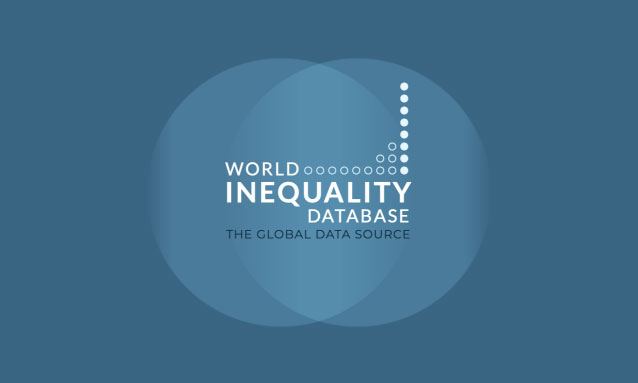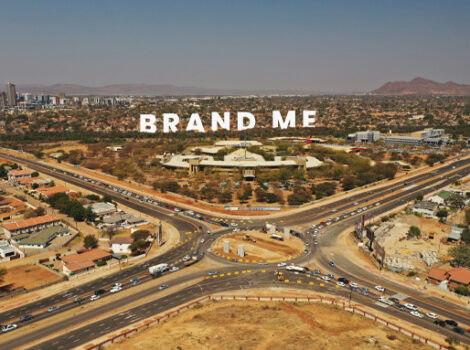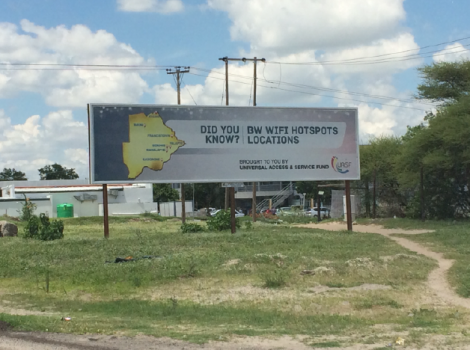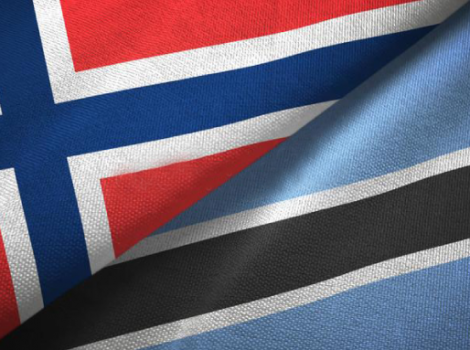
Botswana alongside South Africa, Zimbabwe, Namibia and other SADC countries, is one of the world’s most unequal countries in the world in terms of wealth and income. Worse still, the new revelation that the extent of such inequality remains unknown is even more disturbing.
That is because information on Botswana’s income and wealth distribution is also among the scarcest in the world. A Paris-based research project called the World Inequality Database has developed the Inequality Transparency Index (ITI), which tracks wealth and income inequality in selected countries around the world, including Botswana. In the ITI edition of 2020, Botswana is among the countries that scored between 0.5 and 2 out of 20. That means that working from the highest end of the scale, 80% of the information on Botswana’s income and wealth distribution remains unknown, and the depth of this inequality could be much deeper than is commonly believed.
Available information on income and wealth distributions remains particularly scarce across the world. Says the ITI report:
“This situation is mostly due to the opacity of the financial system, the types of tools used by statistical administrations to track inequality and sometimes the reluctance of governments to publish data they have in hand.
As a consequence, it is particularly difficult to know which groups of the population benefit from economic progress and to build efficient public policies dedicated to the decrease of inequality.”
Away from the bluntness of the tools used by Statistics Botswana, there is no political will to publish data that would close the information gap on wealth and income inequality. Gaborone Central MP, Dumelang Saleshando tabled a private member’s bill on freedom of information, which the Commonwealth Human Rights Initiative determined to be “well‐drafted in many places based on specific international best practice principles.”
However, the Government Bench shot down the bill, reasoning that a process to introduce similar legislation was in train. Years later, no such law has been introduced but had it been, the World Inequality Database would have been able to gain access to data that would enable it to determine the extent of the wealth and income inequality in Botswana. In a broad sense, the WID supports efforts to introduce freedom of information law and has stated that “access to basic information on the distribution of income and wealth growth should be considered as a public good.”On the whole, the ITI Index reveals that inequality data remains completely insufficient with 16.5 being the maximum grade.
“The maximum grade of 20/20 corresponds to an ideal situation where countries would publish yearly distributional accounts on wealth and income with household surveys matching administrative tax records.
This makes it possible to have precise information on income and wealth statistics among all income and wealth groups, including those at the very top, as well as precise information of social and demographic characteristics of the population.”



